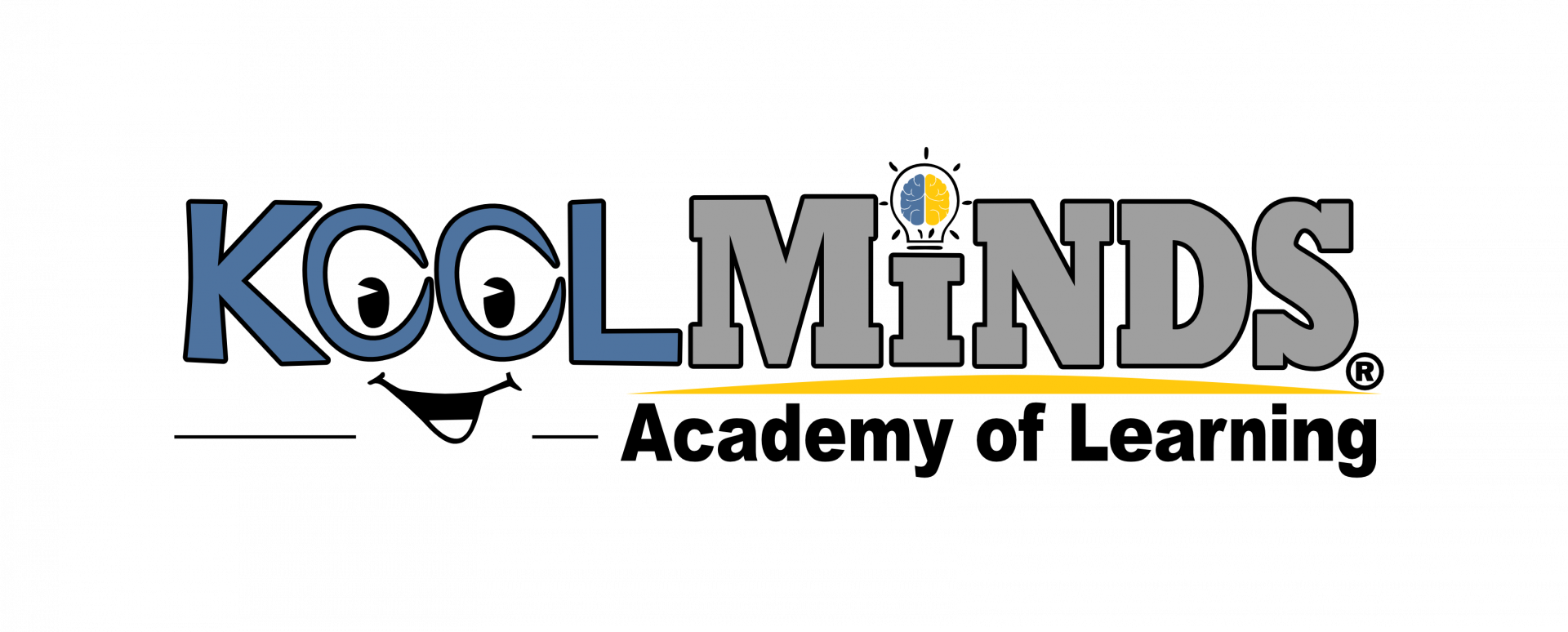Talking to Your Child About Their Specific Learning Disability (SLD)
Our team here at
KoolMinds believes that it's really important to talk to your children about
their specific learning disability (SLD). Talking to your child about their SLD
will help them to understand themselves better, they will be able to understand
why certain activities are challenging and it will help them realize that there
are solutions and technologies that can help them.
Tips For Talking to Your Child About Their SLD
-
Do some research and learn all that you can about your child's SLD. Gain all the knowledge that you can. You will want to be able to talk to your child about what their SLD is and also what it isn't. The more you know, the better.
-
Have developmentally age-appropriate conversations. When your child is young, you will want to keep things simple. Keep their vocabulary in mind as you talk to them. As they get older, you will be able to have a deeper and more in-depth conversation about their SLD. You will be able to use clinical terms about their diagnosis and will need to talk to them about accommodations and modifications that they might need.
-
Have ongoing conversations. Conversations about their SLD should be ongoing, not just a one-time thing. Give them time and plenty of opportunities to ask questions as they build their understanding.
-
Be honest and open with yourself and with your child. Being diagnosed with an SLD can be tough for some people. Seek support from other people that are going through the same thing. Let your child ask all of the questions they have and be honest with them. If you don't know an answer to something, do more research and find the answers together.
-
Talk about other people who learn and think differently. Tell your child about other family members, friends, coaches, teachers and even famous people that have an SLD. They need to know that they have a support system that can help them and that they are not alone.
-
Read books together. There are a lot of great books that can help you communicate and teach your kids about learning disabilities. There are several books that feature characters that have an SLD and we have listed some of the below.
-
Talk about strengths and challenges. We all have strengths and challenges. Discuss things each family member is good at and discuss things that are difficult for them. It's important for children to know that we all need a little extra help with something and that it's okay to ask for help.
-
Be positive. Remind your child about all of the things that they can do. Try to strike a balance between what they can do and what is difficult. Be optimistic about their development and their future.
Thank You, Mr. Falker by Patricia Polacco
The Alphabet War: A Story about Dyslexia by Diane Burton Robb
Terrific Teddy's Excessive Energy by Jim Forgan Ph.D.
The Higgledy-Piggledy Pigeon by Don M. Winn
Leah's Voice by Lori DeMonia
It’s Hard to Be a Verb!, by Julia Cook
Tom's Special Talent by Kate Gaynor
Fish In A Tree by Lynda Mullaly Hunt
Lily and the Mixed-up Letters, by Deborah Hodge
My Name is Brian, by Jeanne Betancourt
Hank Zipzer Collection by Henry Winkler And Lin Oliver
Eagle Eyes: A Child's Guide to Paying Attention by Jeanne Gehret
-Sheldon H. Horowitz, Ed.D., Director of LD Resources National Center for Learning Disabilities
Does your child have an SLD? Click the link below to learn more about how KoolMinds can help!
[i] Cortiella, Candace and Horowitz, Sheldon H. The State of Learning
Disabilities: Facts, Trends and Emerging Issues. New York: National Center for
Learning Disabilities, 2014, from http://www.ncld.org/wp-content/uploads/2014/11/2014-State-of-LD.pdf
[ii] Morin, A. (2020, December 16). How to talk to your child about learning and thinking differences. Understood.Org. Retrieved December 22, 2021, from https://www.understood.org/articles/en/how-to-talk-to-your-child-about-learning-and-thinking-differences
[iii] Explaining Learning Disabilities to Your Child | Tips, Tools & Strategies. (2017, February 17). Churchillstl Design. Retrieved December 22, 2021, from https://www.churchillstl.org/learning-disability-resources/explaining-learning-disabilities/
https://www.koolminds.com/blog/talking-to-your-child-about-their-sld
Who We Are
Featured Links
#1 This is a title
#2 This is a title
#3 This is a title
Thank you
for your interest!

